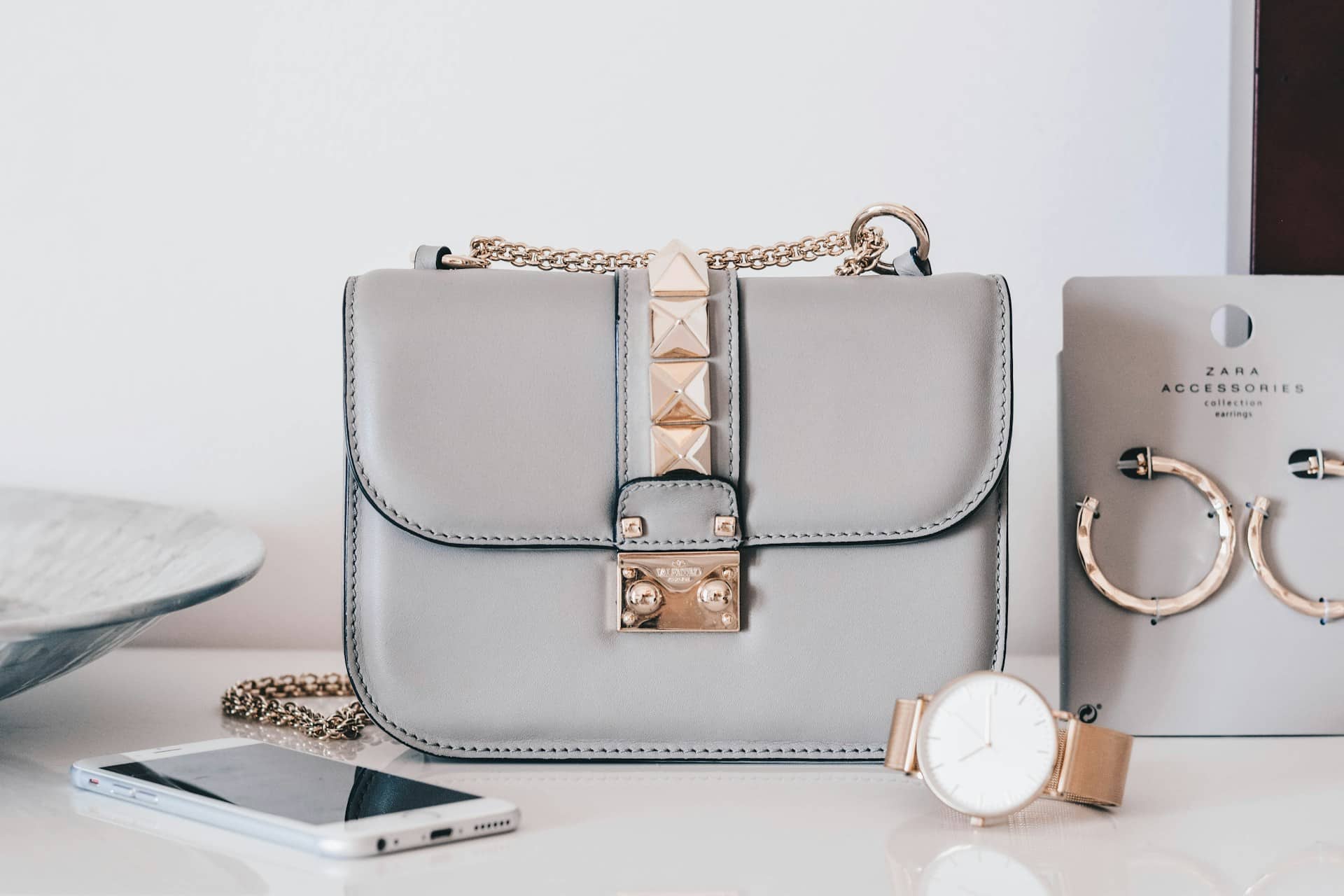In the age of environmental impact awareness, the fashion industry finds itself on the hot seat. The increasing discussion about sustainability and ethical practices, both in production and consumption, has prompted many brands and consumers alike to take a critical look at their behaviour, particularly in the realm of clothing. This article will guide you on planning a sustainable and ethical fashion event in the UK, and aims to provide you with insights into the importance of sustainability in the fashion industry, the role of consumers in this process, and how to incorporate sustainable and ethical practices in your fashion event.
What is Sustainable and Ethical Fashion?
Before venturing into how to plan a sustainable and ethical fashion event, it is necessary to understand what these terms mean in the context of the fashion industry. In essence, sustainable fashion refers to clothes that are designed, produced, and used in ways that are environmentally friendly. It’s about creating items with the least environmental impact possible, including the way the raw materials are sourced and how waste is managed during and after production.
A voir aussi : How to Initiate a Local Food Co-op in Your UK Neighbourhood?
On the other hand, ethical fashion goes beyond environmental impact. It encompasses a broader range of issues including exploitation, fair trade, and animal welfare. Ethical brands typically ensure fair wages and safe working conditions for workers, as well as humane treatment of animals in the production process.
Together, sustainable and ethical fashion encompass a comprehensive approach to fashion that values people, the planet, and profit in equal measure. This approach, often referred to as the ‘triple bottom line’ in business parlance, is increasingly becoming a benchmark in the fashion industry.
A voir aussi : What Are the Innovative Methods to Recycle Electronic Waste in the UK?
The Role of Consumers in Sustainable and Ethical Fashion
Consumers play a crucial role in promoting sustainable and ethical fashion. They are the ones who can drive the market towards more sustainable and ethical practices by demanding transparency and responsibility from brands. Some consumers are already willing to pay more for sustainable and ethical items and are influencing the market by voicing their preferences.
However, understanding the impact of their consumption choices and acting on this knowledge is not always straightforward. It requires awareness, access to information and a willingness to change habits. Events that promote sustainable and ethical fashion are an effective way to educate consumers and provide them with the tools they need to make informed choices.
Planning Your Sustainable and Ethical Fashion Event
When planning a sustainable and ethical fashion event, it is important to align every aspect of the event with these principles. From the selection of brands to participate, to the choice of venue, materials used for decoration, catering services, and waste management – everything needs to reflect your commitment to sustainability and ethics.
Start by showcasing brands that are truly committed to sustainable and ethical practices. Look for brands that use organic cotton or other sustainable materials, have transparent supply chains, and treat their workers fairly. Make sure to communicate these practices to your attendees as part of the event.
Choose a venue that aligns with your commitment to sustainability. It could be a venue that uses renewable energy, has a robust recycling program, and prioritises waste reduction. Consider also the location of the venue – it should be easily accessible by public transport to minimise the carbon footprint of your event.
When it comes to decoration, opt for reusable, recycled or compostable materials. Avoid single-use items and plastic as much as possible. For catering, choose local and seasonal food to reduce carbon emissions associated with transport and storing. If possible, opt for plant-based options as they usually have a lower environmental impact than meat and dairy products.
Finally, think about what will happen after the event. Plan for waste management, making sure that recycling bins are clearly marked and available. Encourage attendees to bring their own reusable containers for food and drinks to minimise waste.
Making a Lasting Impact with Your Fashion Event
Planning a sustainable and ethical fashion event is not just about the event itself, but also about the impact it will have on the attendees and the industry in the long run. By promoting sustainability and ethics in fashion, you are empowering consumers to make informed choices and encouraging brands to adopt more responsible practices.
Invite speakers who are experts in sustainability and ethics in the fashion industry to educate your attendees. Organise workshops that teach practical skills such as repairing clothes, swapping, or upcycling, to reduce the consumption and waste of clothing. You can also use the event to raise funds for non-profits that work towards making the fashion industry more sustainable and ethical.
Remember, every decision you make while planning your fashion event sends a message to your attendees and the industry. Make sure it is a message of commitment to sustainability and ethics.
Exhibiting a Sustainable and Ethical Fashion Show
When executing a sustainable and ethical fashion show, all aspects of the event ought to reflect these values. Not only should the featured clothing align with these principles, but so should the planning and execution of the show itself. Beginning with the selection of fashion designers, be sure to include individuals who prioritize sustainable fashion in their work, using eco-friendly materials and transparent supply chains.
A significant part of the event is the runway show. To create a truly sustainable fashion show, the runway and backdrop should be constructed with sustainable materials. Explore options like bamboo staging, biodegradable props, or recycled materials. Lighting is another crucial factor. Opt for LED lights, which are more energy-efficient than conventional lighting.
The fashion show should also highlight the principles of ethical fashion. For instance, the models should be fairly compensated and treated with respect. A diverse group of models, representing different body shapes, sizes, and backgrounds, should be included to promote inclusivity and diversity, another important aspect of ethical fashion.
In addition, consider the guest list. An impactful sustainable and ethical fashion show should engage key stakeholders in the fashion industry – including designers, retailers, investors, and influencers – to enable meaningful conversations about the future of sustainable and ethical fashion.
Conclusion: Creating a Sustainable Future in Fashion
Planning a sustainable and ethical fashion event in the UK might feel like a daunting task, but the long-term benefits far outweigh the initial effort. You will be part of a significant wave of change in the fashion industry, pushing it towards a more sustainable and ethical future.
Remember, the main goal of your fashion event should be to educate and inspire. By showcasing brands that prioritize sustainability and ethics, you are sending a powerful message about the importance of these values in the fashion industry. Furthermore, your event provides an excellent platform to discuss important issues, such as the environmental impact of fast fashion and the exploitation in the supply chain.
In doing so, you are encouraging attendees to reconsider their shopping habits and make more sustainable choices. They may be inspired to explore second-hand options, support sustainable brands, or even make their own clothes. Ultimately, this contributes to a significant reduction in textile waste and carbon footprint, making the world a better place.
In conclusion, incorporating sustainable and ethical practices in your fashion event is not only beneficial for the environment and the people involved in the fashion business, but it also represents an exciting opportunity to redefine the fashion industry. With careful planning and a strong commitment to these principles, your fashion event can serve as a powerful catalyst for change, setting the stage for a new era of sustainable and ethical fashion.






